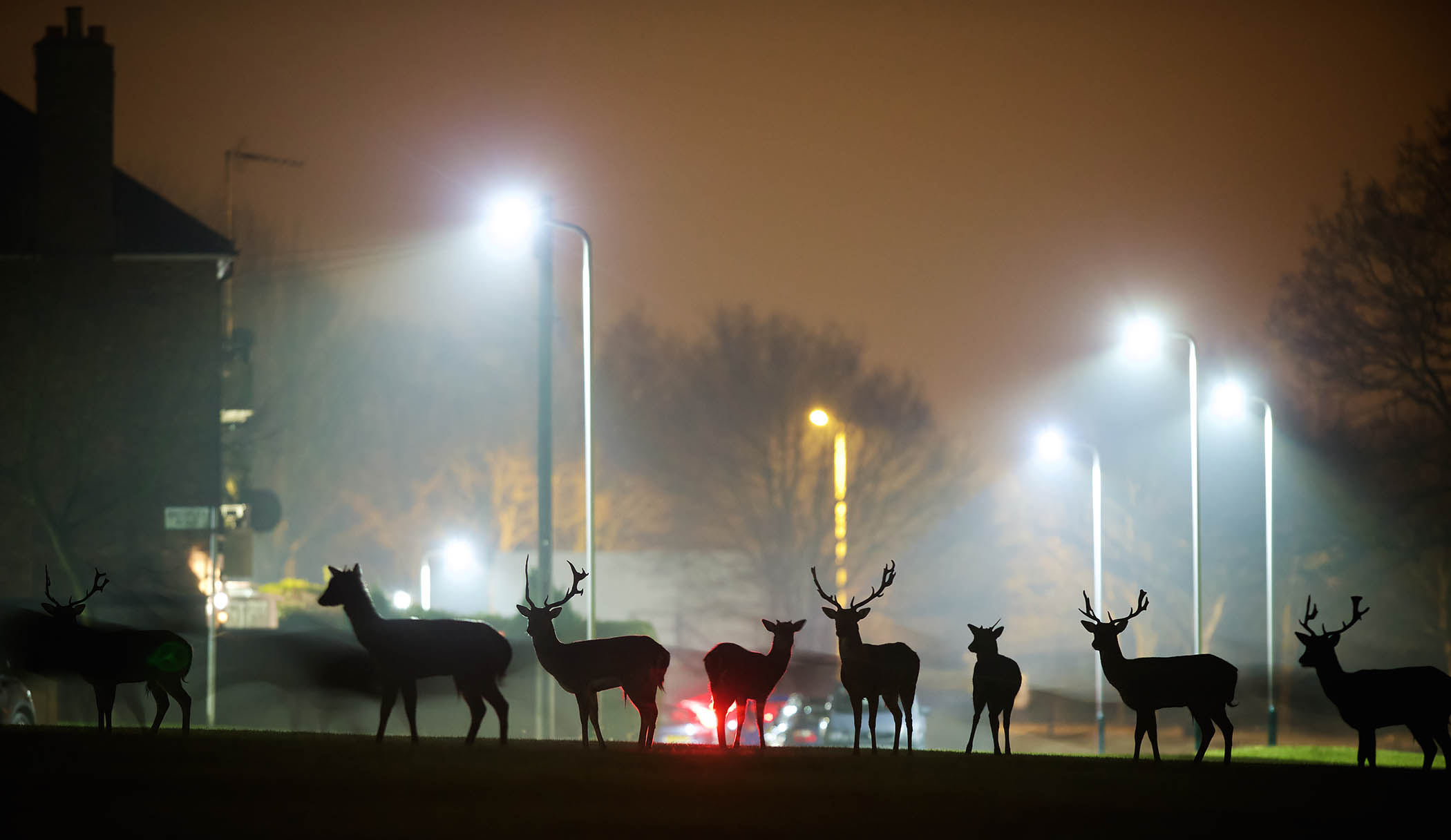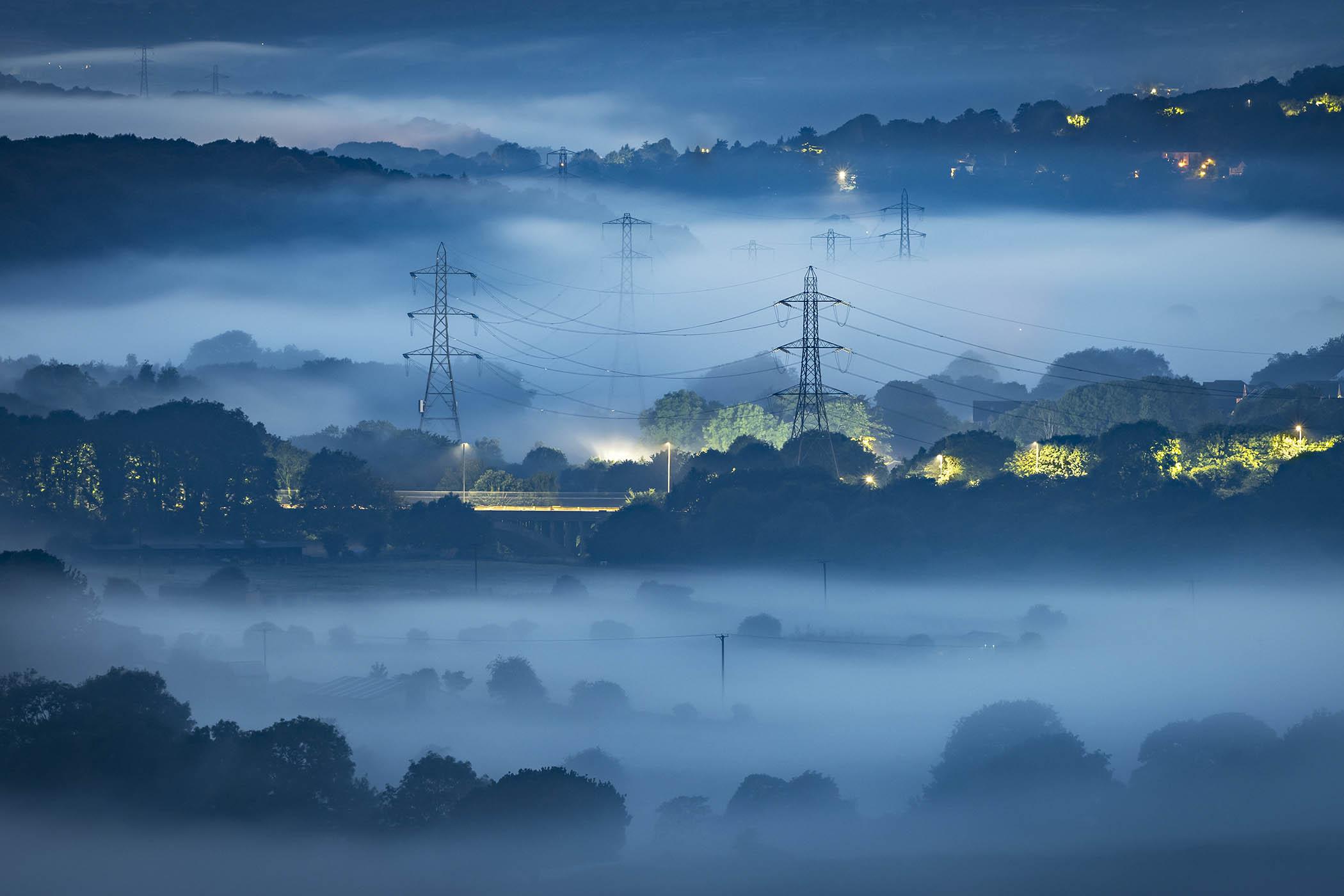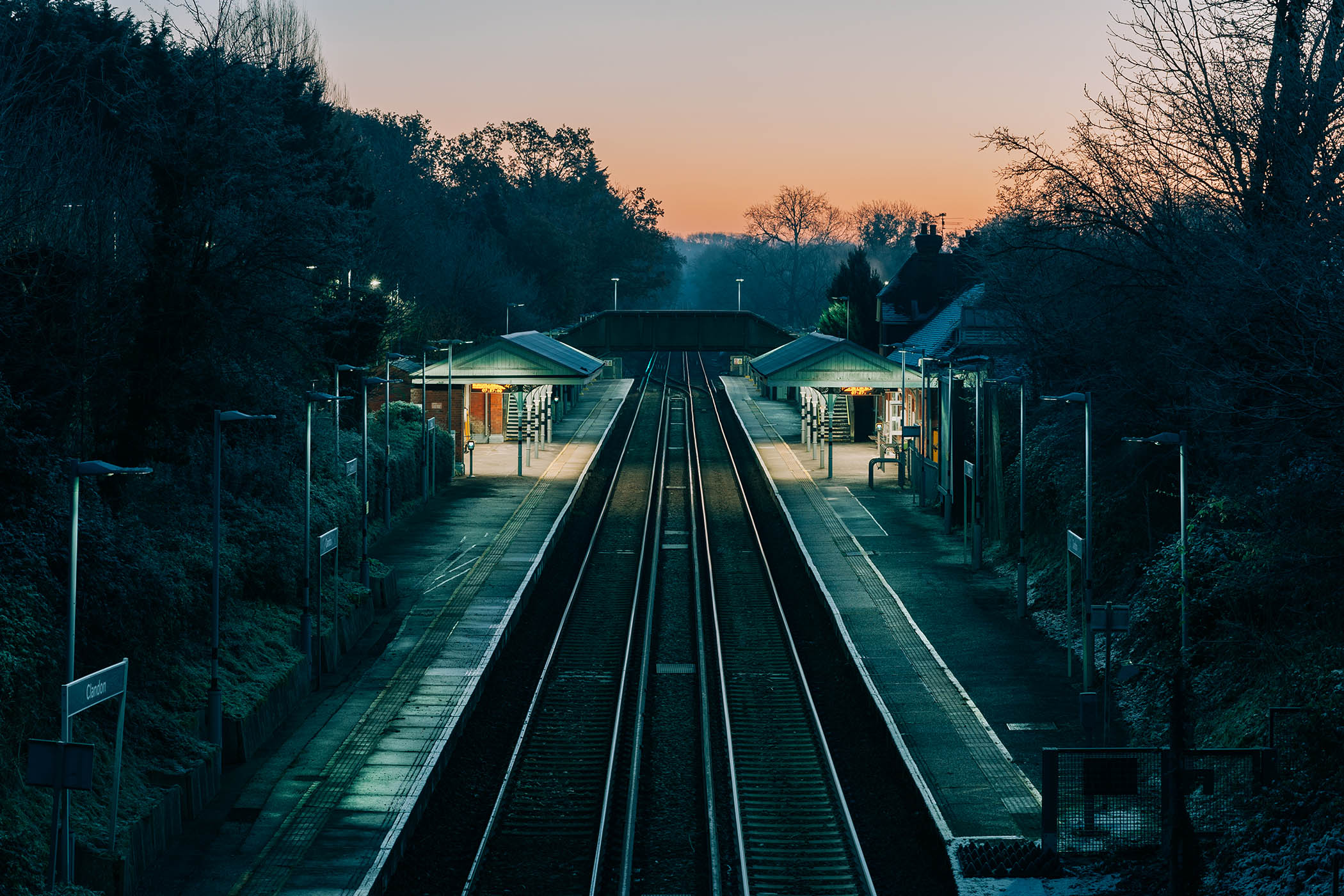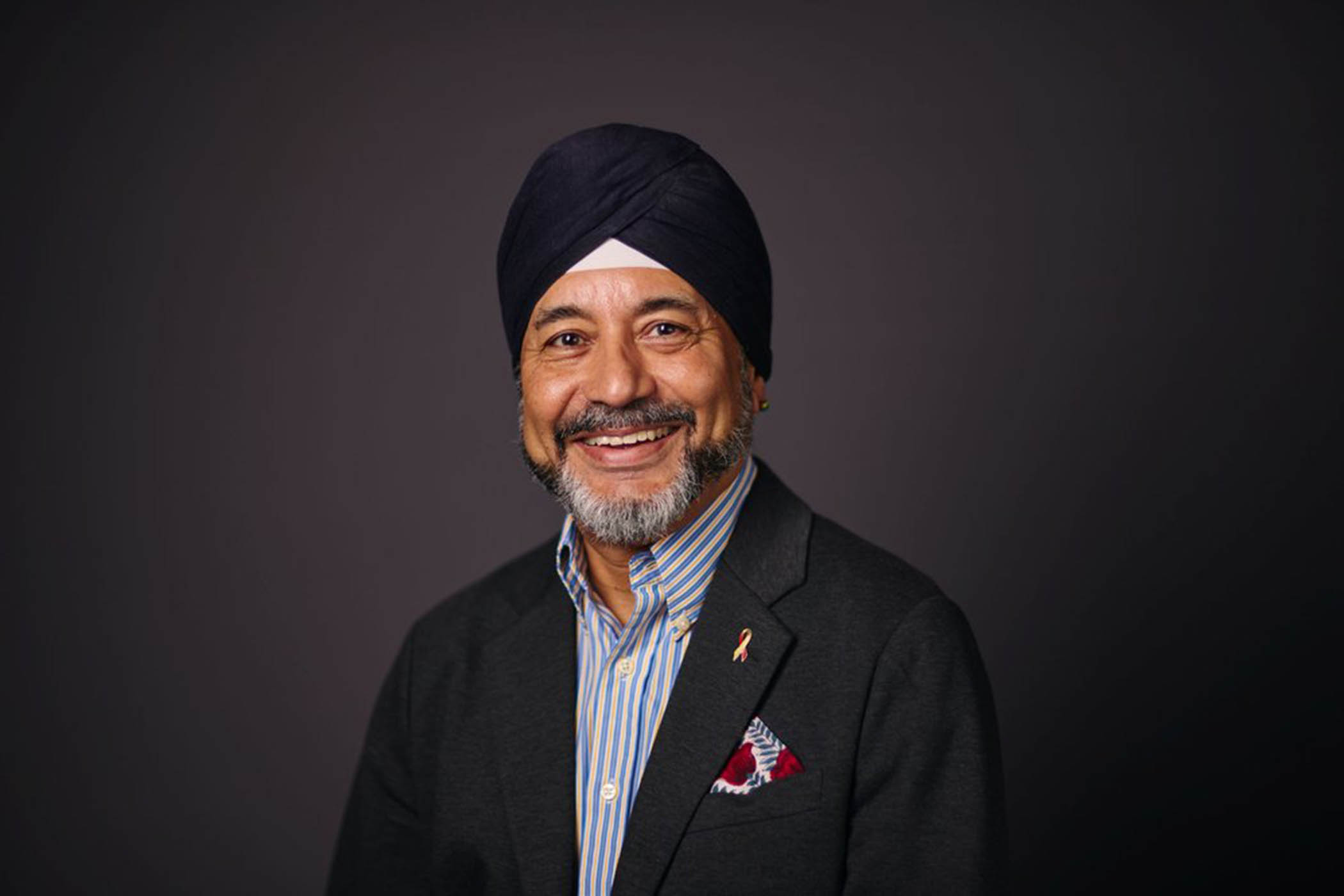It always comes as a surprise somehow: sunlight filtering through curtains when the alarm goes off, the kitchen bright already, and outside a blue tit dangling from the bird feeder, looking as if it can hardly believe its luck. The clocks have gone back.
As a child, I had the idea that “daylight saving” was the action of a kindly being – God or government; I was vague on the details – whose principal concern was that we shouldn’t have to walk to school in the dark; it was consistent with the provision of school milk and the nit nurse. In fact it was not God who brought this about, but Mr Willett, a businessman from Petts Wood. Out riding his horse in the early hours one summer morning in 1907, he noticed the curtains still drawn at the windows he passed. An industrious man, he thought it scandalous that perfectly good hours of daylight were being squandered on sleep. He began to campaign for time to be flexed with the seasons so the working day could be optimised according to the rising and setting of the sun.
“He tried to bring more sunshine into the lives of the masses,” wrote a journalist after William Willett’s death. But he also brought us the November evenings, when autumn lurches decisively towards winter. or some people, it’s a depressing and difficult time which they endure rather than enjoy but I’ve always loved this season of retreat and interiority. The late-afternoon slide into the dark brings with it a feeling of spaciousness and possibility. And as the days shorten further still, getting up on dark mornings offers a simple gift: the opportunity to watch it get light.

A group of wild urban fallow deer roam in Brentwood, Essex
We humans have a complex and contradictory relationship with darkness. We have evolved with an inbuilt fear of the dark, which plays an important role in keeping us safe when we can’t see our surroundings. It takes time for our night vision to develop, and for us to get comfortable in the dark. Most of the time we don’t have to bother because it’s just a question of getting from one dazzling streetlamp to the next.
It’s often said that we are living in dark times, but in fact the times we live in are perilously light. The so-called dead of night teems with insects, mammals, birds and other forms of life that rely on darkness for hunting, feeding, reproduction and navigation, but our artificial lights – too many, too bright, on when they aren’t needed – interfere with all these essential processes, and with our own health too. It’s natural to seek the cheer and reassurance of light, but artificial light is like sugar: the more we have the more we want.

Pylons rise through the mist in Leeds
Even in our heady and glittering cities, there are pockets of dark, like small fish surviving unnoticed in a polluted stream. But you only have to look up at the sky to realise how thin and fragmented the darkness is. A torrent of light spills upwards and drowns the stars, so that it almost looks as if nothing exists beyond the smoky orange glow of the sky. The city comes to feel like the universe.
Fear of the unknown has us switching on more and more lights, chasing mysteries out into the open, ironing ambiguities flat. But true darkness opens us up not only to fear but also to risk, delight and transformation. To look up at a wild sky in all its electrifying distance and proximity is to feel the world re-enchanted, and ourselves with it. Then there’s the delight of walking across a field in the hospitable warmth of a midsummer night, and the thrill of stepping out into a black, rushing, torrential winter storm. Without vision pulling relentlessly on the attention, other senses are sharpened, spatial awareness altered. At times like this, we enter hidden realms of experience; the world surprises us with its extravagance.
In an age of absolutism, we should value darkness we have. We need it to protect uncertainty, and to remind us that there is more to the world than its lit surfaces, beaming back our own reflection.
Related articles:
Photographs by Karl Hendon/Getty, Mark Bridger/Getty, Kelvin Jay/Getty
Night Vision: In search of the True Dark by Jean Sprackland is published in hardback by Jonathan Cape on 6 November (£18.99). Order a copy at observershop.co.uk for £17.09. Delivery charges may apply.
Newsletters
Choose the newsletters you want to receive
View more
For information about how The Observer protects your data, read our Privacy Policy


